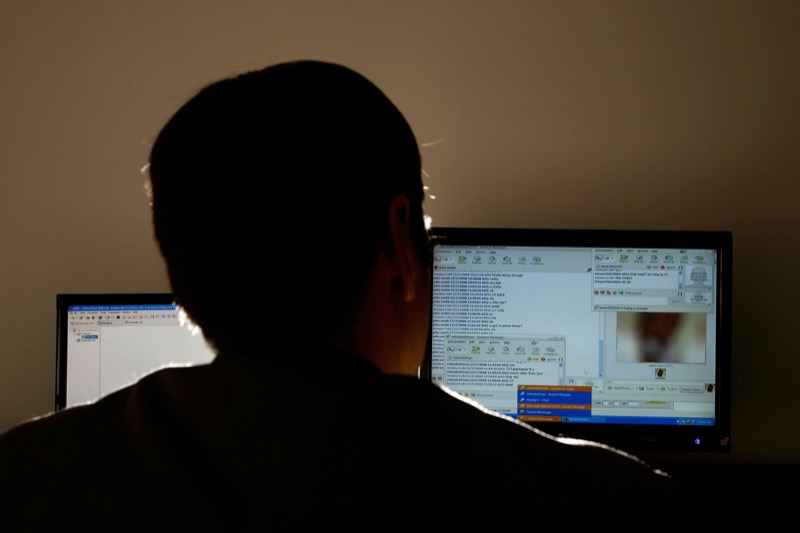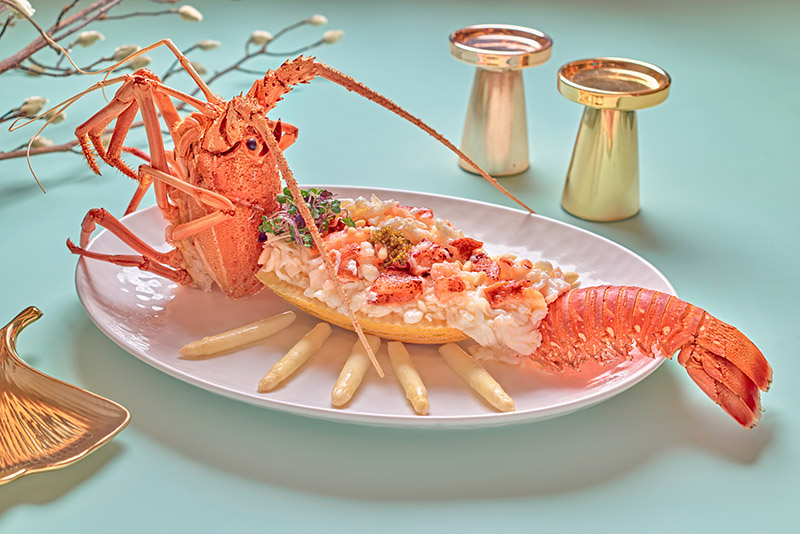A prison in Vietnam’s Thanh Hoa province is refusing to allow the family of political prisoner Nguyen Thi Tam to bring her traditional medicine to treat uterine fibroids, her sister told Radio Free Asia.
Fibroids are growths, which don’t normally develop into cancer but can cause major swelling in the uterus leading to the appearance of pregnancy.
Tam, 52, was arrested in June 2020 on charges of “propaganda against the State” under Article 117 of the criminal code.
The charges related to social media posts about a police attack on Dong Tam commune during which officers shot and killed protester Le Dinh Kinh.
In Dec. 2021, the People’s Court of Hanoi sentenced Tam to six years in prison.
After the appeal was rejected in Aug. 2022, Tam was transferred to serve her sentence at Gia Trung Prison in Gia Lai province, and then to Prison No. 5 in Thanh Hoa from the end of May 2023.
On Monday, Nguyen Thanh Mai told RFA her sister, Tam, was found to be suffering from fibroids in March last year.
She was not treated by an outside medical specialist but only at the prison’s infirmary, which lacked suitable medical equipment.
Her family sent traditional medicine and said Tam’s condition improved after using it. But since October, the prison stopped accepting the pills and dried leaves they sent.
“They said they could not determine the ingredients of the medicine the family sent,” Mai said. “They also said if she got sick she would have a prescription and the family could buy medicine according to the new instructions and send it.”
The medicine, Crinum latifolium, is on a list of 70 medicinal plants approved by Vietnam’s Ministry of Health in 2014, saying it was an “anti-cancer and eliminating fungus” supporting the treatment of cervical cancer,
Mai said the basic medicines given to Tam by the prison hospital had no effect on the fibroids and her sister had been bleeding for 17 consecutive days.
The reporter called Prison No. 5 to verify the information provided by Tam’s family. The unidentified call operator said prisoners can only receive medication with a doctor’s prescription.
“People here have a hospital. When they get sick they go to the hospital,” he said.
“As for Vietnamese medicine, we don’t know how it should be taken. There are no instructions on how to take it so how can anyone know?”
The person asked the reporter to come directly to the detention facility to have additional questions answered in person.
Mai said the prison also stopped giving Tam many other items the family sent including cassava flour and green bean powder which the prison canteen doesn’t have or sells at exorbitant prices.
Tam’s cell was searched, her sister said, and many belongings such as diaries, English books and writing materials were confiscated.
On March 29, Tam called her family to talk about mistreatment but a prison officer repeatedly intervened, telling her to “only talk about health issues” and finally hung up the phone.
Amnesty International publicized Tam’s health issues in March 2023, urging the Vietnamese government to urgently provide adequate health care and unconditionally release Tam and other activists. imprisoned for peacefully exercising human rights.
Former prisoner of conscience Dang Thi Hue said conditions in Prison No. 5 are extremely harsh, and poor nutrition caused even healthy inmates to get sick.
Translated by RFA Vietnamese. Edited by Mike Firn and Taejun Kang.
















.jpg)




Discussion about this post